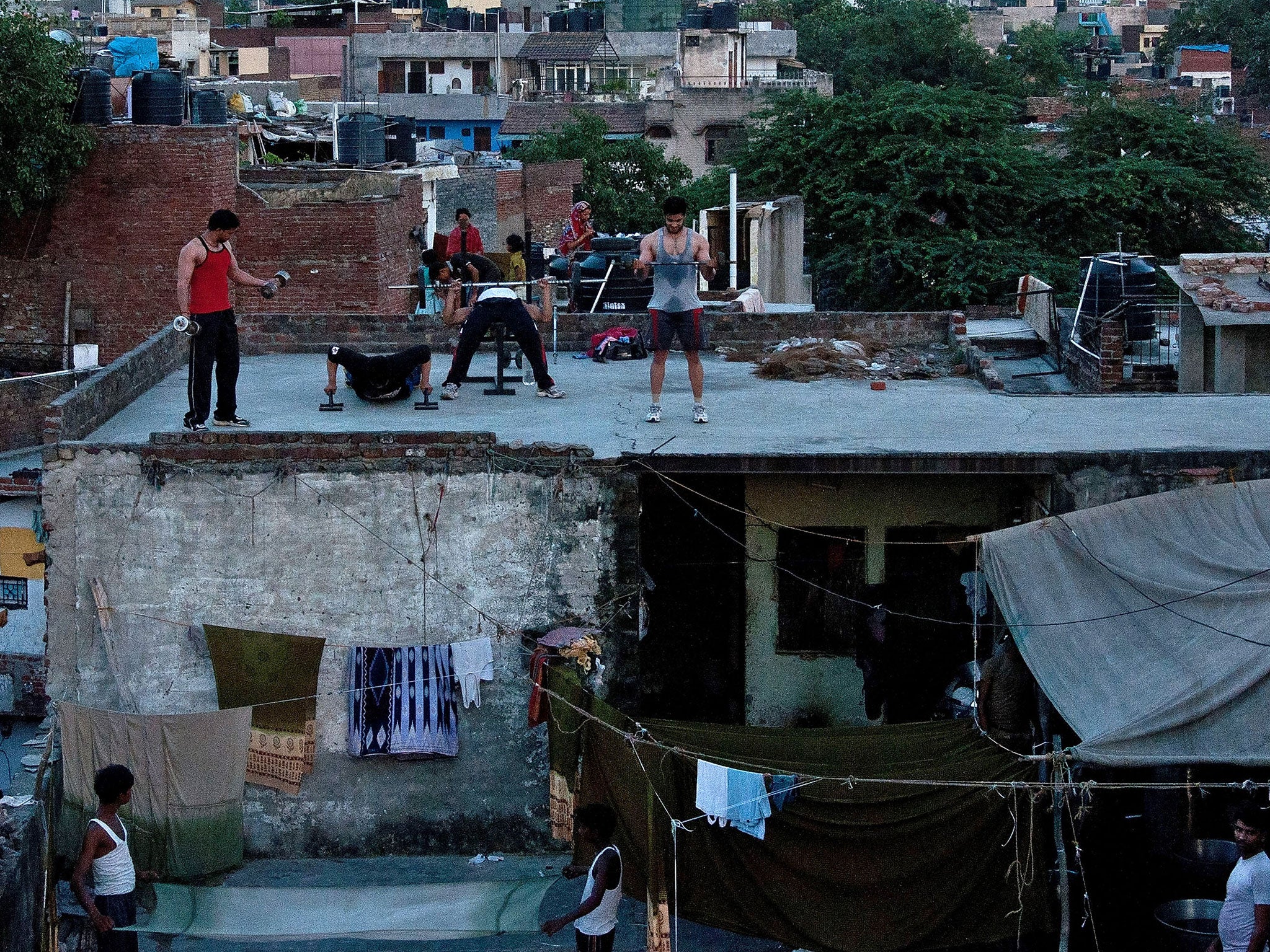More than 1,000 parties, 930,000 polling stations and 810m voters casting ballots across nine days: India sets general election from 7 April
India's Chief Election Commissioner promises 'free, fair and credible elections'

India is readying itself for a hot and dusty political battle. The world’s largest democracy is to to go the polls in what is perhaps its most significant election for more than three decades as the heat of summer takes a punishing grip.
Officials have announced the country will hold voting on nine days spread out over a month, beginning on 7 April. The result is expected to be announced on 16 May.
“We appeal to the political parties and candidates to uphold the democratic traditions,” India’s Chief Election Commissioner Veeravalli Sundaram Sampath said in Delhi on Wednesday morning. “We assure the nation of our solemn resolve to conduct free, fair and credible elections.”
For the elections for India’s 16 parliament, or Lok Sabha, 810m people will be eligible to vote, said Mr Sampath. This marks an increase of more than 100m since India’s last general election in 2009.
As such, around ten per cent of those going to the polls will be first-time voters. Reports suggest that given the way in which birth rates rates in the country are declining, this election may represent the occasion when first-time voters could make the biggest impact.
The scale of the operation outlined by officials for voting for the country’s 543 constituencies is nothing less than staggering. From Jammu and Kashmir in the north to Tamil Nadu in the south, and from Gujarat in the west to Arunachal Pradesh in the far north-east, voting will take place at 930,000 polling stations. This represents an increase of around 12 per cent from 2009.
Some states in India are so huge that voting will be held on different days. The politically crucial state of Uttar Pradesh, home to more than 200m people and which holds 80 parliamentary seats, will see voting take place on six separate dates.
There are likely to be more than 1,000 registered parties, if the election of 2009 is a guide. For the first time in India, voters will be able to select the “none of the above” option.
As things currently stand, most observers believe the main opposition candidate, Narendra Modi, has the political momentum behind him. A series of polls have shown is the most popular choice for prime minister.
A recent poll by the Pew Research Centre said 63 per cent of Indians prefer the Hindu nationalist Bharatiya Janata Party over the incumbent Congress party. The Congress, India’s oldest political party and the one that has dominated the country’s politics since it secured independence in 1947, is confronting what may be bleakest ever prospects.
Rahul Gandhi, the 43-year-old heir to the country’s Nehru-Gandhi political dynasty, is leading the Congress party’s struggling campaign. But the party has been rocked by a series of scandals and a sense of drift that has set in over the last two years.
Mr Modi has been promoting himself as someone who can end corruption and replicate the economic development and progress he has overseen as chief minister of Gujarat. But he remains tarnished by the massacre of hundreds of Muslims in Gujarat in 2002, something he is accused of failing to stop.
Much is at stake. Many observers believe the election could be the most significant since 1977 when Prime Minister Indira Gandhi was ousted from office, having imposed a state of emergency two years earlier. It was the first time Congress had lost control of the government.
Mr Sampath said on Wednesday the commission was concerned about the role of money in some areas and had taken steps to crackdown on potential bribery.
He said: “In these states, we well depute additional expenditure observers and adequate number of central paramilitary forces in advance to control the use of money power”.
Subscribe to Independent Premium to bookmark this article
Want to bookmark your favourite articles and stories to read or reference later? Start your Independent Premium subscription today.

Join our commenting forum
Join thought-provoking conversations, follow other Independent readers and see their replies